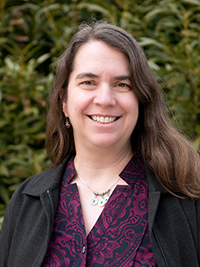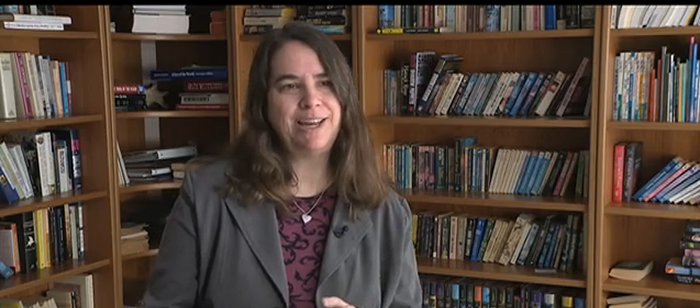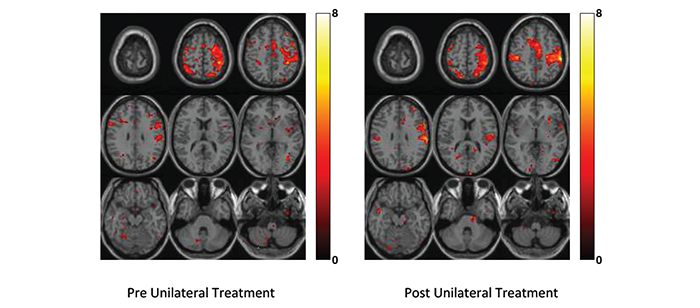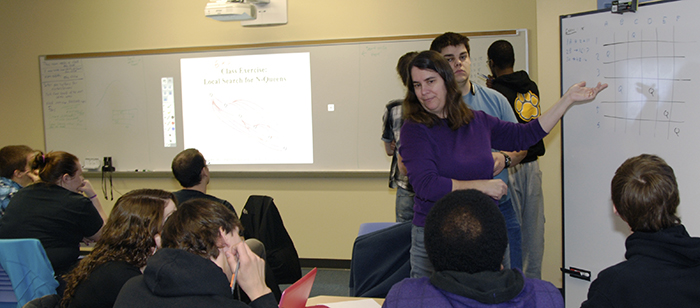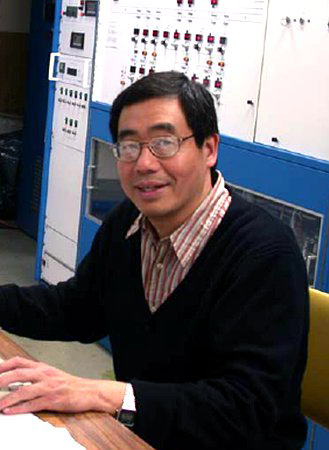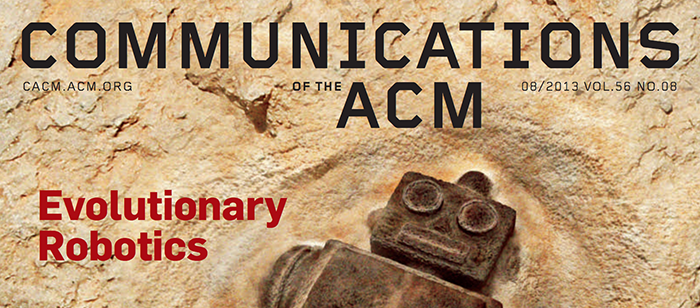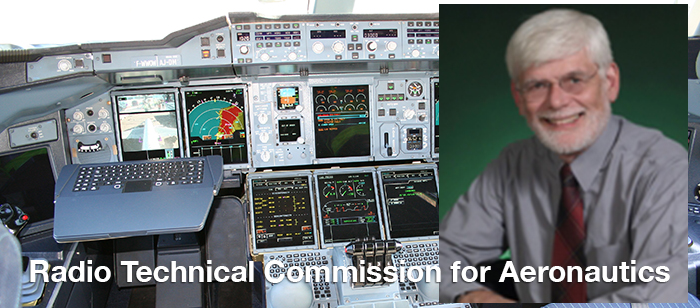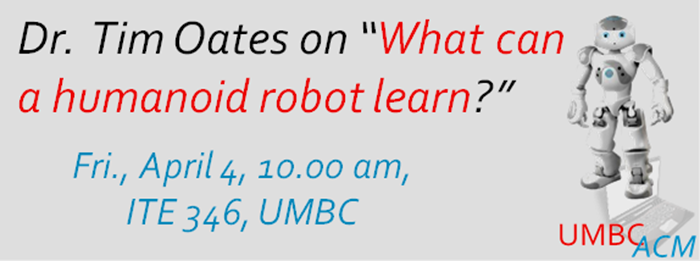
UMBC ACM Student Chapter
Tech Talk: What can a Humanoid Robot Learn?
Professor Tim Oates, UMBC
10:00am-11:00am Friday, 4 April 2014, ITE346

We hope everyone had a fun spring break! We are back with another talk in our UMBC ACM techTalk series. Professor Tim Oates, who is also one of the faculty advisers of the ACM student chapter, will talk about “What can a Humanoid Robot Learn?”. Dr. Oates will split the talk into two sessions. In the first half, he will introduce the topic and talk about current research being pursued in the area of humanoid robots. Whereas, the second half of the talk will be an interactive session focusing on ideating challenges and future research directions. To make the discussion interactive, Dr. Oates encourages you to spend a few minutes beforehand to think about what you would do if you had access to a humanoid robot for research purposes.
Abstract: Robots and AI have a long history together, both in the popular culture and in research. In this talk I will review some of my past work at the juncture of robotics, AI, and machine learning, as well as ongoing work with collaborators at UMCP along the same lines. With those collaborators, I wrote a proposal to buy a few humanoid robots that was funded, so I’ll next describe the robots that we’ve bought. Finally, I’d like to have an open discussion about my ideas for research using these robots, and ideas that those in the audience might have as well. My goal is to get as many people as is practical involved with the robots, which are relatively expensive and thus not a common resource. If you’re coming to the talk, spend a few minutes beforehand thinking about what you would do if you had access to a humanoid robot for research purposes.
Dr. Tim Oates is an Oros Familty Professor of Computer Science at the University of Maryland Baltimore County. He received B.S. degrees in Computer Science and Electrical Engineering from North Carolina State University in 1989, and M.S. and Ph.D. degrees from the University of Massachusetts Amherst in 1997 and 2000, respectively. Prior to coming to UMBC in the Fall of 2001, he spent a year as a postdoc in the Artificial Intelligence Lab at the Massachusetts Institute of Technology. In 2004 Dr. Oates won a prestigious NSF CAREER award. He is an author or co-author of more than 100 peer reviewed papers and is a member of the Association for Computing Machinery and the Association for the Advancement of Artificial Intelligence. His research interests include pattern discovery in time series, grammatical inference, graph mining, statistical natural language processing, robotics, and language acquisition.
RSVP for the talk at http://my.umbc.edu/events/23881
